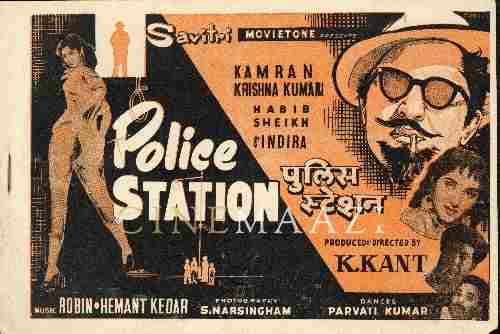Laxmikant-Pyarelal
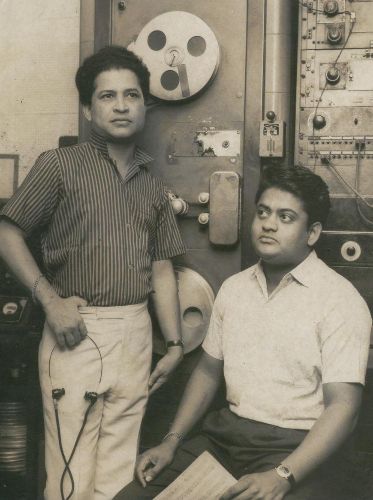
- Real Name: Laxmikant Shantaram Kudalkar, Pyarelal Ramprasad Sharma
- Born: 3 November, 1937 (Laxmikant); 3 September, 1940 (Pyarelal) (Bombay)
- Died: 25 May, 1998 (Laxmikant)
- Primary Cinema: Hindi
- Parents: Pandit Ramprasad Sharma (Pyarelal)
Music composer duo Laxmikant-Pyarelal are ranked among the most successful composers in Hindi film history. They composed music for approximately 750 Hindi movies between 1963 and 1998. Scoring music for the films of notable filmmakers such as Raj Kapoor, B R Chopra, Manmohan Desai, Yash Chopra, they composed an extraordinary number of good songs, creating simple and endearing melodies. They were of the belief that the music made the movie and hence devoted time and attention to understanding the story before creating the tunes. Enjoying a highly fruitful 35-year partnership, they achieved a high success record that came with constant and concerted effort. Their cache of most popular numbers includes Rahi manwa dukh ki chinta, Sawan ka mahina, Dil vil pyar vyar, Bindiya chamakegi, Ek pyar ka nagma hai, O Manchali kaha chali, Hum tum ek kamre mein band ho, Humko tumse ho gaya hai pyaar, Dream girl, Dafali wale, Salamat rahe dostana humara, Dard-e-dil dard-e-jigar, Tere mere beech mein, Yeh galiyan yeh chaubara, Achha toh hum chalte hain, Hasta hua noorani chehra, Jhilmil sitaron ka aangan hoga, Hawa Hawaii, Ek do teen, Jumma chumma de de, Choli ke peeche kya hai, and more. Winners of seven Filmfare Awards for Best Director, and nominated for 15 films, they also have the highest number of Binaca Geetmala chart-topping songs on the popular countdown programme.
Laxmikant Shantaram Kudalkar was born in 1937. His father passed away when he was just a little boy, leading to him having to discontinue his studies. Fond of music, especially the songs of Shankar-Jaikishan, he developed his interest in the same, and started to learn the mandolin from his guru, Hussain Ali.
Pyarelal was born in 1940, the son of a trumpeter Ramprasad Sharma who also composed music for a few films in the late 40s. Encouraged by his father, he began learning the violin at a young age.
Their lives follow a similar path, in that each of them started to perform in orchestras, following which they graduated to being music arrangers, explaining the tunes to the instrumentalists and also deciding which instrument is to be played at which points in the course of a song. They had met at Sureel Kala Kendra, a music academy for children, run by the Mangeshkar family. Learning about their financially deprived backgrounds, Lata would recommend their names to music directors such as Naushad, Sachin Dev Burman and C Ramchandra. Hailing from similar financial backgrounds and being close in age, Laxmikant and Pyarelal ended up becoming very good friends. Spending hours at the recording studios, they would sometimes get work for each other, and also play together whenever the opportunity came by.
In 1953, they became assistants to Kalyanji-Anandji, working with them as assistants till 1963. They also worked as music arrangers for music directors such as Sachin Dev Burman as well as Rahul Dev Burman They branched out as a team in 1962, signed on by Bhojpuri filmmaker K Pervez for no less than four films. Unfortunately, the filmmaker ran out of funds, leading to the music director duo making their debut with Babubhai Mistry’s costume drama, Parasmani (1963). Their songs for the film, namely Hasta hua noorani chehra, Woh jab yaad aaye and Mere dil main halki si immediately caught attention, being catchy and sensational. They hit the big time with Rajshri Productions' Dosti (1964), which became a success owing to its hit songs such as Chahoonga main tujhe shaam savere and Rahi manwa. They won their first Filmfare Best Music Director Award for the film.
Laxmikant-Pyarelal scored the music for a host of popular songs in the course of the decade, such as Hasta hua noorani chehra from Parasmani (1963), Chahoonga main tujhe saanjh savere from Dosti (1964), Mere mehboob qayamat hogi from Mr X in Bombay (1964), Dil vil pyar vyar main kya janu re from Shagird (1967), Aa jaan-e-jaan from Inteqam (1969), Bindiya chamkegi from Do Raaste (1969), Jhilmil sitaron ka aangan hoga from Jeevan Mrityu (1970), Khilona jaankar tum toh from Khilona (1970), Achha toh hum chalte hain from Aan Milo Sajna (1970), Abhi kamsin ho from Toofan(1975), among others.
Their melodious music thus far was marked by dramatic orchestra flashes. With the onset of the new decade, their sound now changed to match the new trends. With the music directors faced with the option of either adapt or perish, they adapted swimmingly well. Staying ahead of the competition, they often led the change. Their songs ushered in interesting variations such as the speak-and-sing format in Achha toh hum chalte hai from Aan Milo Sajna, the disco feel they gave the bhajan-like Meri umar ke naujawano…Om shanti om from Karz (1980), and the pop vibe they gave the ghazal-type song Dard-e-dil dard-e-jigar. They were also often seen to incorporate the film’s title in their compositions in several films, a few instances of which include O manchali kaha chali from Manchali (1973), Anhoni ko honi kar de from Amar Akbar Anthony (1977), and Main tulsi tere aangan ki from the eponymous Main Tulsi Tere Aangan Ki (1978). They composed Indian classical music as well as Western music, achieving popularity for their folk tunes and semi-classical music.
Laxmikant–Pyarelal received numerous award nominations for their work, also bagging no less than 7 Filmfare Awards for Best Music Director. They won the coveted trophy for Dosti (1964), Milan (1967), Jeene Ki Raah (1969), Amar Akbar Anthony (1977), Satyam Shivam Sundaram (1978), Sargam (1979), and Karz (1980). They had garnered nominations for films such as Do Raaste (1969), Shor (1972), Bobby (1973), Daag: A Poem of Love (1973), Roti Kapda Aur Makaan (1974), Dulhan (1975), Jaani Dushman (1979), Aasha (1980), Ek Duuje Ke Liye (1981), Prem Rog (1982), Hero (1983), Meri Jung (1985), Pyaar Jhukta Nahin (1985), Sur Sangam (1985), Tezaab (1988), Ram Lakhan (1989), Saudagar (1991), and Khalnayak (1993).
It goes without saying that their compositions also dominated the popular weekly Hindi film songs countdown programme, Binaca Geet Mala, with no less than half the number of the 16 songs aired on the list invariably being Laxmikant-Pyarelal compositions. They have an astounding 245 numbers of Binaca Geetmala Final Songs, namely the songs compiled at the end of each year, to measure the popularity. No other music director could match their record numbers.
The music director duo shared a strong bond with Lata Mangeshkar, who had also played a major role in shaping their careers. She went on to sing the highest number of songs for them, approximately 712 numbers in a variety of styles and ranges in films such as Sati Savitri (1964), Lootera (1965), Intaqam (1969), Sharafat (1970), Abhinetri (1970), Mera Gaon Mera Desh (1971), Jal Bin Machhali Nritya Bin Bijlee (1971), Raja Jani (1972), Bobby (1973), Satyam Shivam Sundaram and Ek Duje Ke Liye (1981). They recorded nearly 494 songs with Asha Bhosle, delivering thumping hits such as Hungama ho aya, Dhal gaya din, Koi shahari babu, and Ek haseena thi. With Mohammed Rafi they worked in as many as 379 songs; the highest number of songs rendered by the singer for any music director. Of the approximately 402 songs they recorded with Kishore Kumar, many were memorable numbers such as Mere mehboob qayamat hogi, Pyar batate chalo, Mere naseeb main, Ye dard bhara afsana, My name is Anthony Gonsalves, Gaadi bula rahi hai, and Ruk jaana nahin. They also worked with other singers like Mukesh, Manna Dey, Mahendra Kapoor, Amit Kumar, Alka Yagnik, Udit Narayan, Shailender Singh, P. Susheela, S P Balasubrahmanyam, S Janaki and Anuradha Paudwal. To Laxmikant-Pyarelal goes credit for giving a big break to singers like Kavita Krishnamurthy, Mohammed Aziz, Suresh Wadkar, Shabbir Kumar, Sukhwinder Singh, Vinod Rathod, and Roop Kumar Rathod.
Post the demise of Laxmikant on 25 May, 1998, Pyarelal scored the music for a few films independently, under the same joint name.
References
Image courtesy: indiawest.com



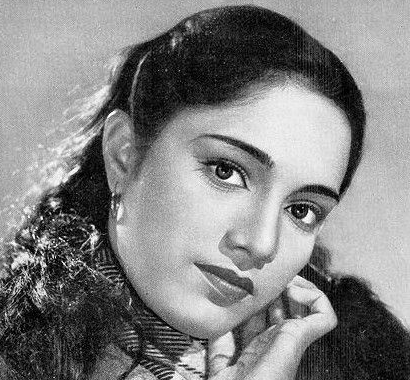
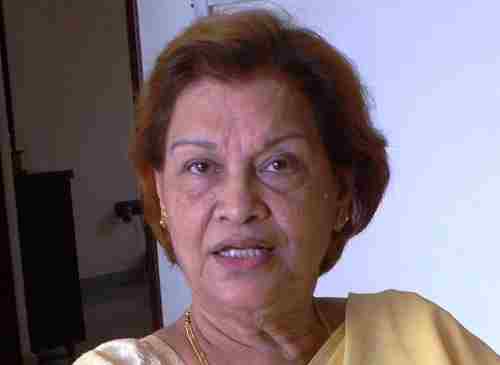
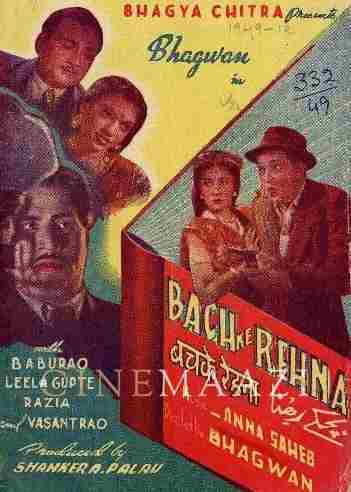


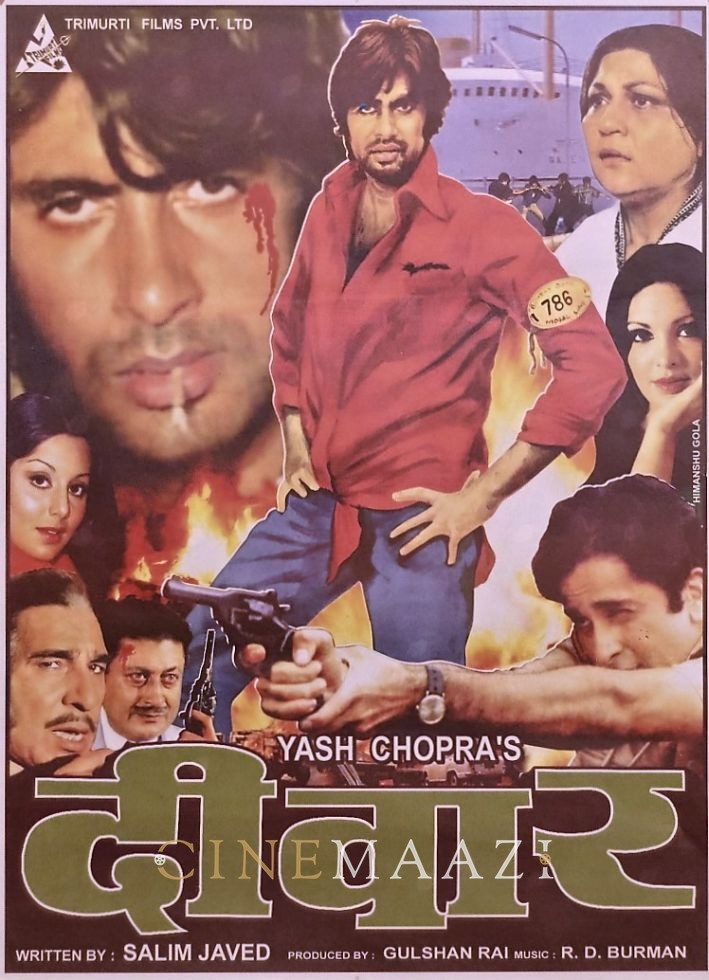
.jpg)

